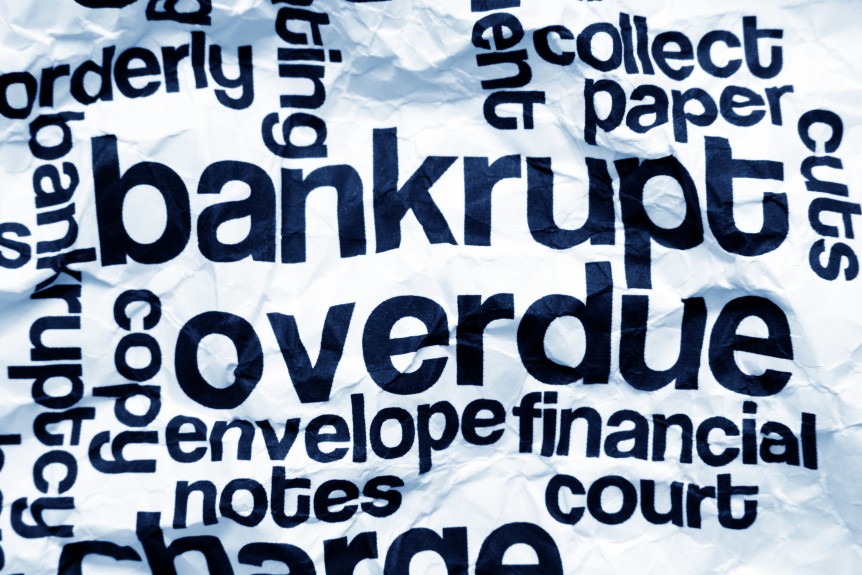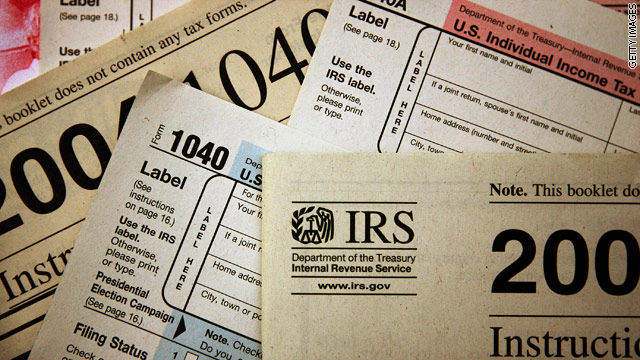Effective December 1, 2015, those filing bankruptcy and the bankruptcy lawyers who represent them must use an entirely new and revised set of bankruptcy forms. This revision is the first modernization of bankruptcy forms in two decades. Use of the new forms is mandatory and pleadings not conforming to the new format are expected to be rejected by the courts. … Read More
Attorney Jon Gold Recently Made Mediator of Civil Legal Disputes and Bankruptcy Law
Attorney Jon Gold, one of the partners at RGG Law, recently completed a program of training pursuant to Missouri Supreme Court Rule 17 to become an official mediator of civil legal disputes in the areas of business law, employment law, real estate law and bankruptcy law. As a private attorney, he has courtroom experience with bankruptcy law and other civil … Read More
Chapter 7 Bankruptcy Means Test
Anyone considering filing bankruptcy must decide which “type” of bankruptcy they should file. The different types of bankruptcy are designated by reference to specific “chapters” in the United States Bankruptcy code. For most private individuals with primarily consumer debts, the choice is ordinarily between filing chapter 7 bankruptcy or chapter 13 bankruptcy. Choosing Between Chapter 13 and Chapter 7 Bankruptcy … Read More
Bankruptcy Law Stipulates Domestic Obligations Stay Intact
In accordance with bankruptcy laws, child support obligations and alimony payments established in a state divorce decree are not dischargeable in a bankruptcy filing. The Bankruptcy Abuse Prevention and Consumer Protection Act (BAPCPA) passed by Congress in 2005 has broadened the scope of divorce-related obligations that cannot be cancelled in the bankruptcy process. Specifically, these bankruptcy laws now refer broadly … Read More
RGG Law Tackles 5 Myths Concerning Bankruptcy Law
Bankruptcy is not something most people consider with eagerness. It is a last resort, to be sure, but the correct choice for many individuals and families needing a fresh financial start. Much of the fear surrounding bankruptcy is based upon myths and misconceptions about bankruptcy law. Below are five common bankruptcy myths that can be easily dismissed. Bankruptcy Law Myths … Read More
How to Get a Credit Report When Filing Bankruptcy
When preparing bankruptcy schedules, it can be quite a project to identify and provide contact information, including account numbers, for all creditors. Yet, it is essential for people filing bankruptcy to provide a complete and accurate list of their creditors. Among other things, the bankruptcy court cannot mail a notice to creditors after you finish filing bankruptcy if, at a … Read More
Debtors Must Be Up-to-Date on Tax Returns
When a person or married couple begin filing bankruptcy, particularly chapter 7 bankruptcy or chapter 13 bankruptcy of the U.S. Bankruptcy Code, they incur many duties and obligations which must be satisfied in order to receive an eventual discharge (cancellation) of their debts. One of the obligations, while filing bankruptcy, is to provide the trustee assigned to their case a … Read More
News From Our Bankruptcy Lawyers: Mortgages Look Better in 2015
According to the latest Equifax National Consumer Credit Trends Report, the total balance of write-offs for first mortgages, home equity loans and home equity lines of credit was $12.34 billion in the first quarter of 2015. This is a decrease of 32.6 percent from the first quarter of 2014. Some of this may have to do with an increase in … Read More
RGG Law, Client Confidentiality, and Modern Technology
Maintaining the confidences of one’s clients is part of the oath that every attorney takes when admitted to practice law. We, the disability and bankruptcy lawyers at RRG Law, consider this one of our highest ethical duties. However, unintentionally, many clients, of RGG Law or other law firms, end up compromising their own confidential communications with their attorneys. Once such … Read More
Filing Bankruptcy after Preferential Payments
Most people filing bankruptcy have certain obligations they would rather pay such as loans to family and friends before paying their other debts. But if a preferred creditor is paid back with money or property prior to filing bankruptcy it may be considered a preferential debt payment or transfer. The Bankruptcy Court has the power to undo the preferential payment … Read More










